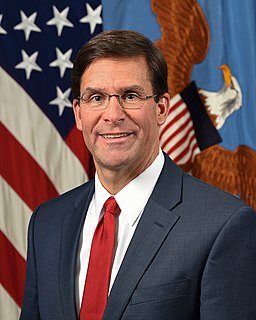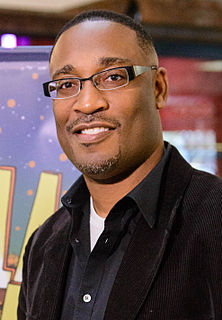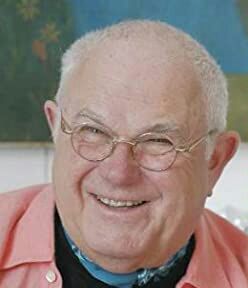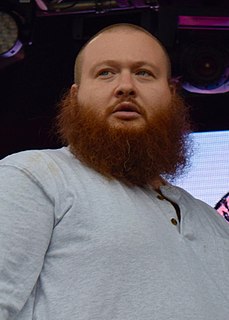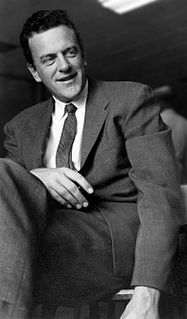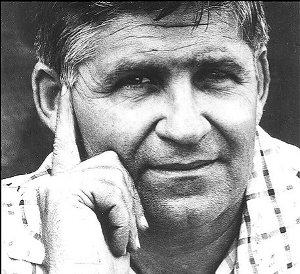A Quote by Sarah Waters
It was a great childhood. We weren't especially wealthy or anything, but I felt I had a kind of safety and freedom.
Related Quotes
Human beings have a drive for security and safety, which is often what fuels the spiritual search. This very drive for security and safety is what causes so much misery and confusion. Freedom is a state of complete and absolute insecurity and not knowing. So, in seeking security and safety, you actually distance yourself from the freedom you want. There is no security in freedom, at least not in the sense that we normally think of security. This is, of course, why it is so free: there's nothing there to grab hold of.
I just felt like, you know, I read a lot of scripts out in L.A., out here in the industry and I just felt like this film was just being genuine. I just felt like it had really great characters. And all the three different characters have completely different stories and they're all kind of intertwined together thematically. So I just thought it had great characters, great themes
The forces of safety are afoot in the land. I, for one, believe it is a conspiracy - a conspiracy of Safety Nazis shouting "Sieg Health" and seeking to trammel freedom, liberty, and large noisy parties. The Safety Nazis advocate gun control, vigorous exercise, and health foods. The result can only be a disarmed, exhausted, and half-starved population ready to acquiesce to dictatorship of some kind.
We had a great childhood and boyhood. It was a wonderful time through those years. A lot of it was through the Depression years, when things were tough, but my dad always had a job. But I had a great time. I was kind of restless, and I had a hard time staying in school all day, so me and a few pals would duck out and go out on these various adventures.
All of my childhood, we were on welfare. My mom received Aid for Families with Dependent Children - welfare. Without that, we wouldn't have had subsidized housing. Most of my childhood, we had a two-bedroom apartment, but eventually we got into the projects, where we had four bedrooms. That was great.
The completeness of this transformation appalled me. It was unlike anything I had imagined. I became two men, the serving one, and the one who panicked, who felt Negroid even to the depths of my entrails. I felt the beginings of great loneliness, not because I was a Negro, but because the man I had been, the self I knew, was hidden in the flesh of another.
I just started trying to figure out how to write [something] which was unlike anything anybody had ever seen, and once I felt like I had figured that out I tried to figure out what kind of book I could write that would be unlike anything anybody had ever seen. When I started writing A Million Little Pieces I felt like it was the right story with the style I had been looking for, and I just kept going.

